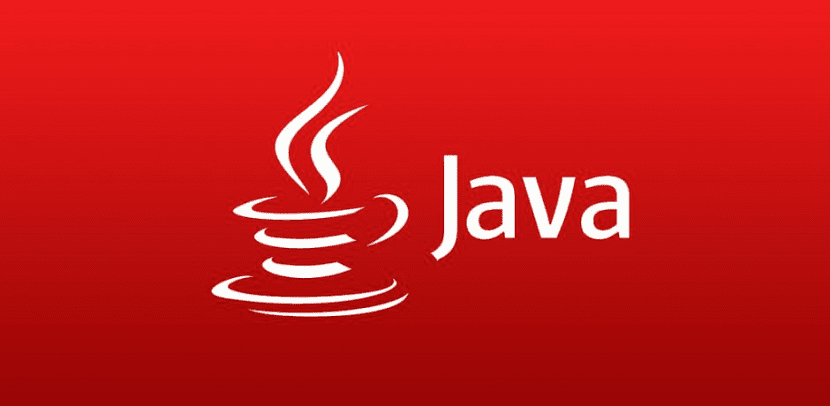
Files with a JAR extension may sound familiar to you.. This is the extension used for Java files that have not been packaged in an executable file. So it is a different type of file. Therefore, when opening these types of files it has to be done in a different way. How is it done?
In these cases, to be able to open JAR files in Windows, we need to have the Java virtual machine installed on our computer. As you already know, Java is a programming language. What this virtual machine does is translate said code.
This way, when you translate that code, the computer can understand it. Java has many advantages, the main one of them is that it works and is compatible with all operating systems that are currently. Therefore, we have the virtual machine that allows us to open JAR files available for all systems. So also for Windows.

Therefore, the first thing we have to do is to download the package for Windows from the official Java website. You can do it in this link. Once downloaded, we simply have to proceed with its installation on the computer.
Most likely, you are downloading the most recent version. Although if not, Java takes care of automatically checking for updates. So you don't have to worry in this regard. Once everything is installed, we already have the latest version of the Java virtual machine installed on the computer. So now we can open JAR files without problems.

To do this, we simply have to right-click on the file in question. We select the option to open with and we choose the Java virtual machine. In this way we will be able to open JAR files easily on our Windows computer.